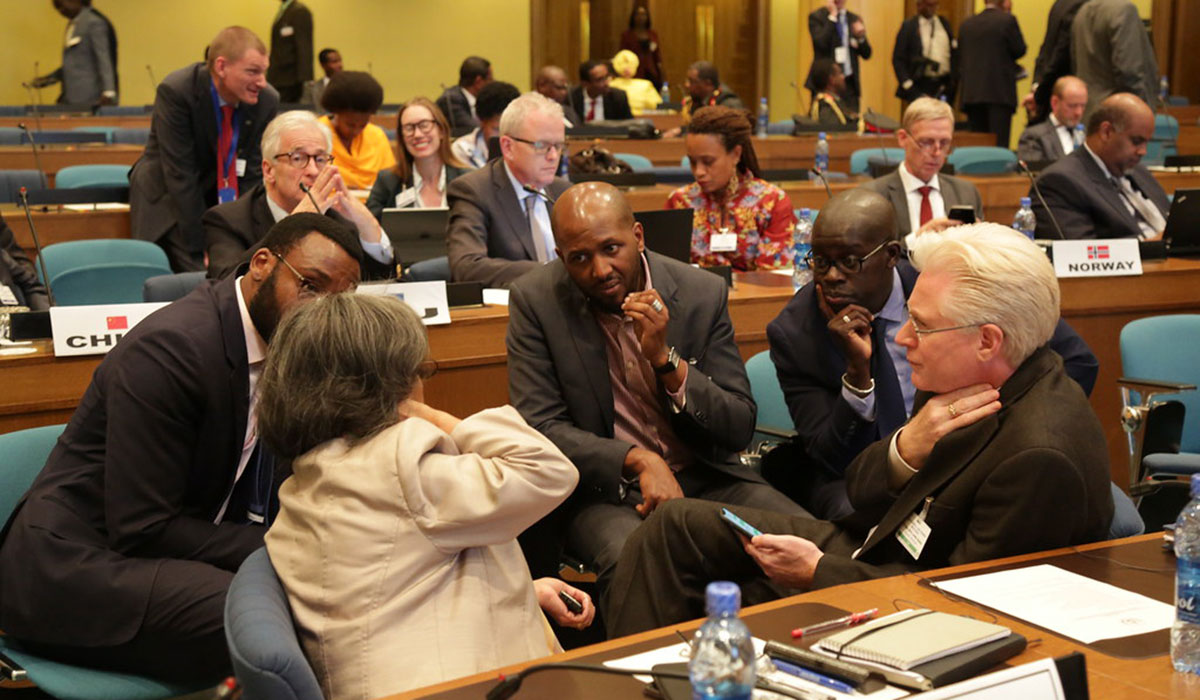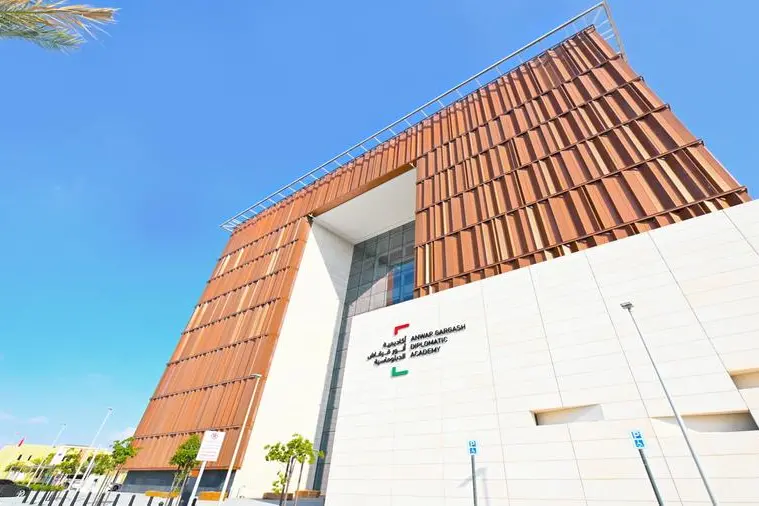To strengthen the conflict management capacities of peace practitioners at Norwegian Church Aid (NCA), ACCORD convened a virtual Conflict Management Training. The training curriculum aimed to guide the participants focus towards operating on inclusive, cohesive, and peaceful societies, in their respective regions of operation. Mr Philip Visser, ACCORD’s Manager of Applied Knowledge and Learning led the training that took place between 17 November and 2 December 2021.
The first two sessions of the training, covered the core concepts of negotiation and mediation, including the seven elements of principled negotiation. The participants engaged in a role-play exercise that guided them in outlining strategies when convening conversations with one another. During session three and four, dialogue and mediation skills were practiced through a role play that highlighted the complexities of implementing and sustaining negotiated agreements. Participants were asked to share and reflect on their personal experiences working with local communities. During the final two sessions, Mr Visser highlighted the importance of well-designed local peace processes and explained that in ensuring sustainability, the processes should be in line with ethical and locally nuanced national peace efforts.
Over the years, significant investments have been made in building the peace and security architecture of the United Nations, the African Union and the Regional Economic Communities to deal with protracted conflicts. ACCORD recognises that while this work remains necessary, equal investment must be made in building effective national and local stakeholder capacities to prevent and mitigate conflicts. The effectiveness of national and local mechanisms can be enhanced if these stakeholders have the necessary skills in dialogue, facilitation and mediation, which were the key components of the NCA training.








